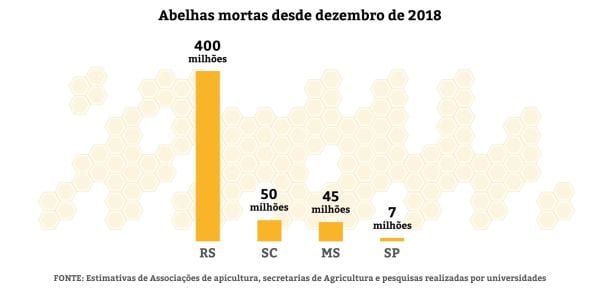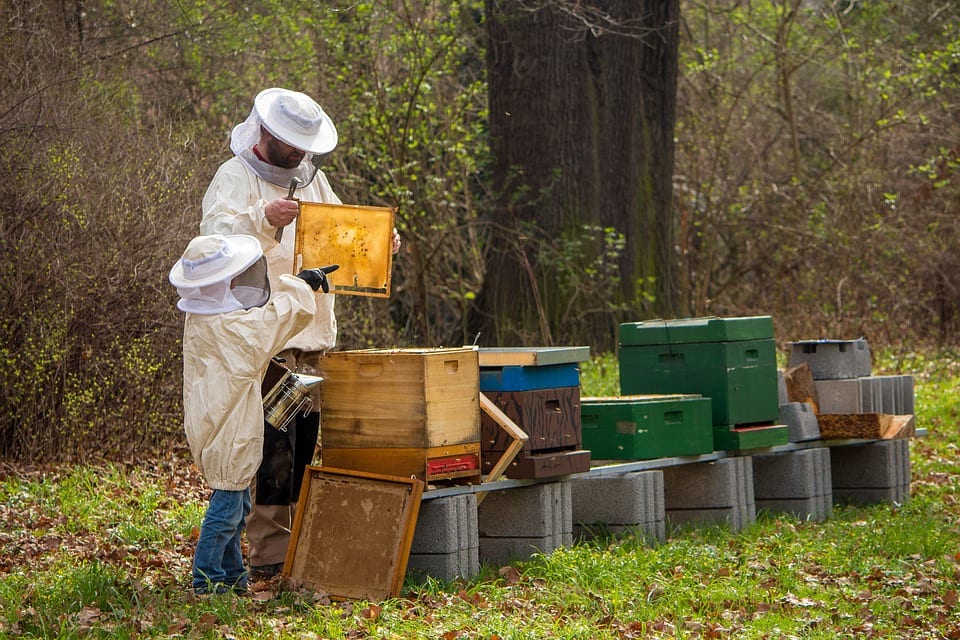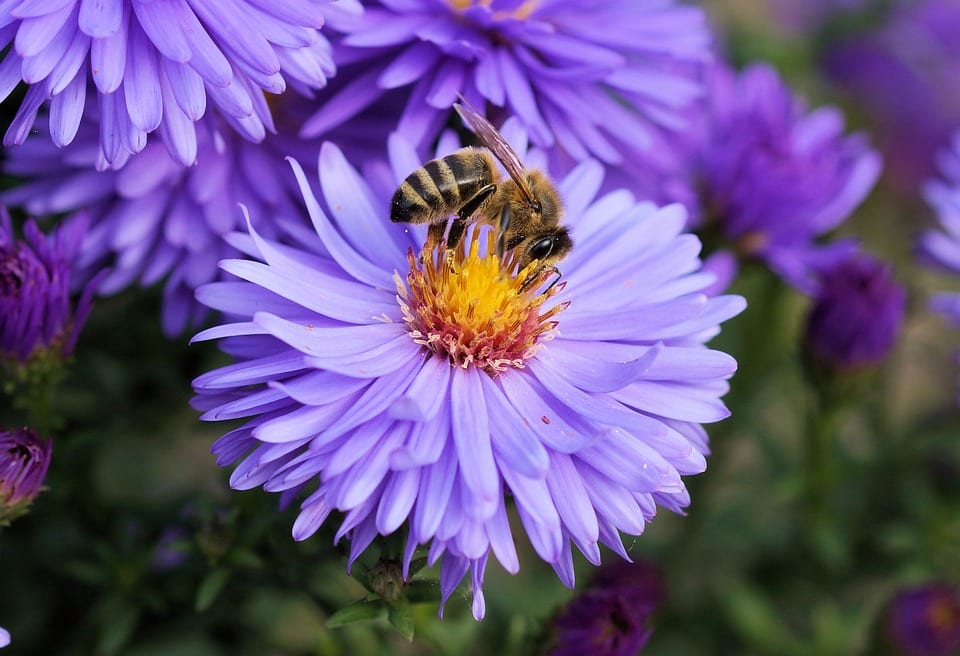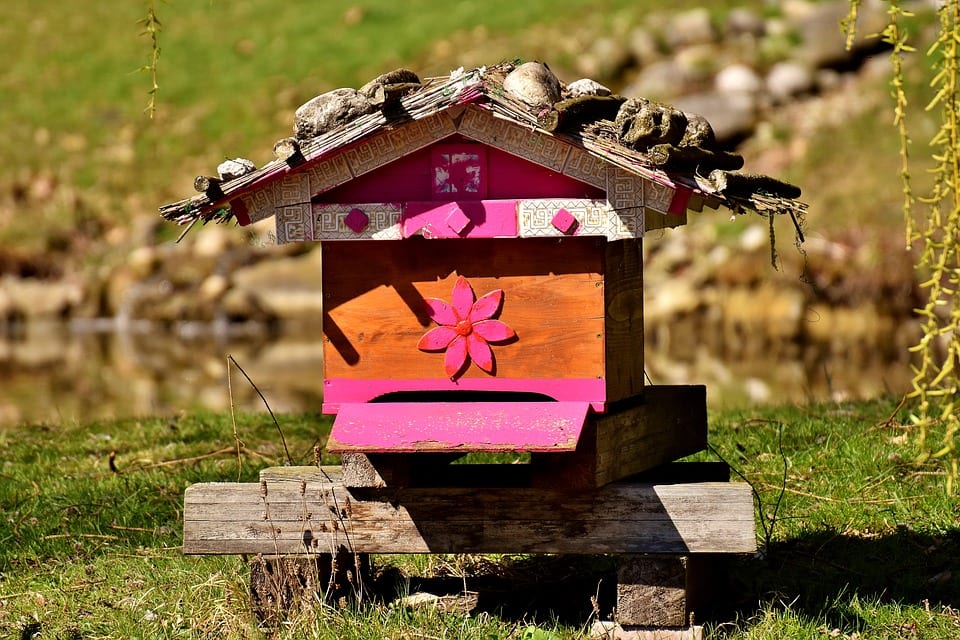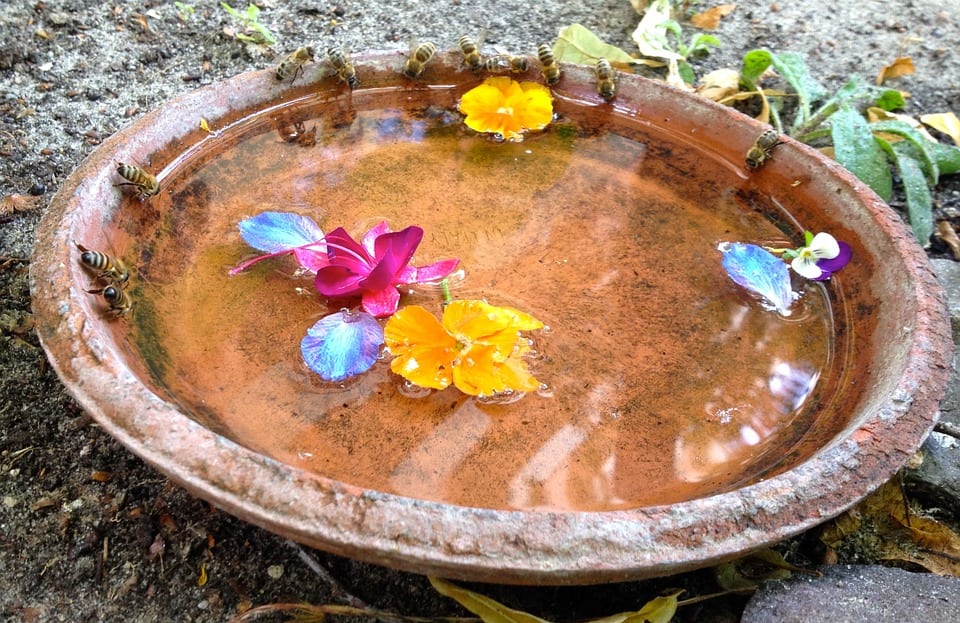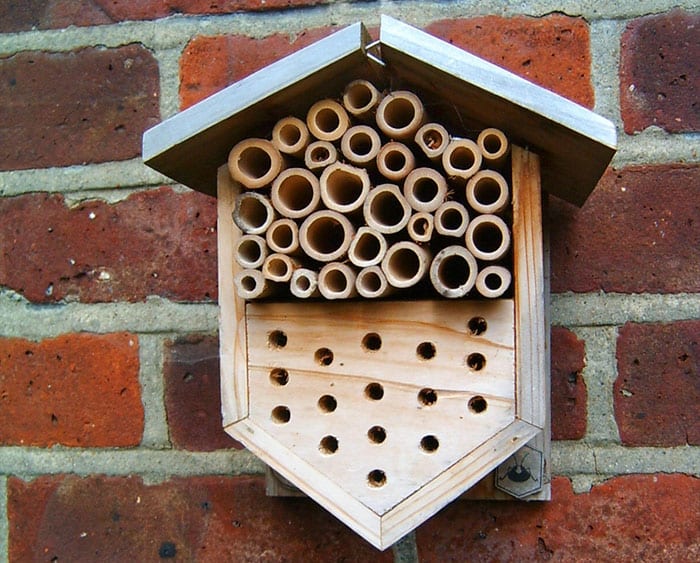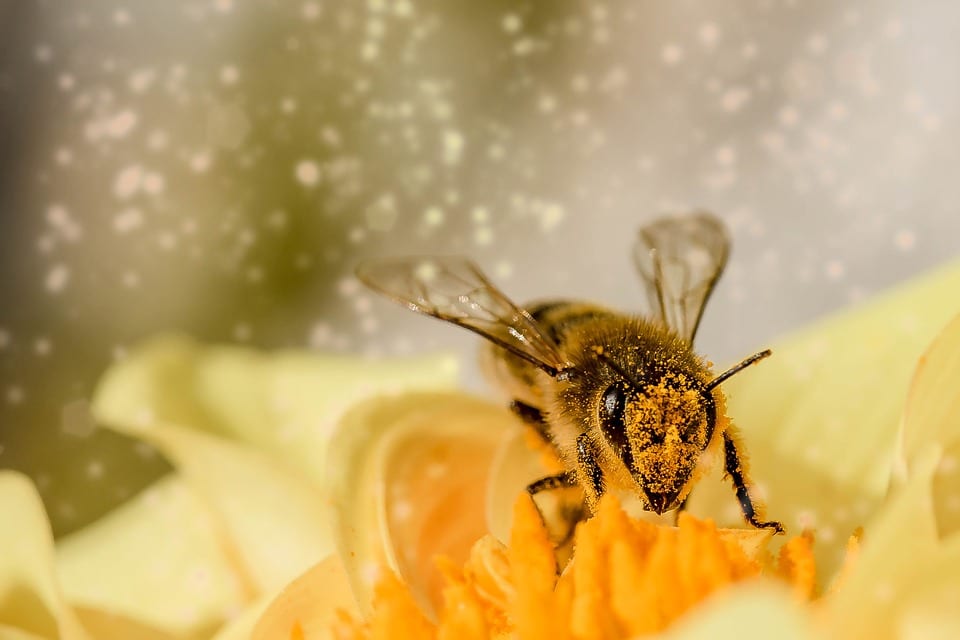The Internet is a vast resource for discovering all kinds of information, but these days it can be difficult to sort what is true from what is false.
Misinformation can spread easily, even if unintentionally. It’s important to correct false claims when we see them, like users did in this Tumblr thread on the ethics of raising bees and chickens for their honey and eggs.
From the get-go, there seems to be a misunderstanding on some basic fundamentals of caring for honeybees and chickens.

Image Credit: Cheezburger
The first user states that they don’t understand why some vegans refuse to eat “backyard eggs,” or eggs that are harvested locally from someone’s back yard, and blasts those who refused to support local farmers.
Chicken eggs that are fresh and local, from hens that are raised humanely, are much different than the average carton of white eggs you’ll find at the grocery store. I can tell you from experience, they’re usually brown or blue, and their yokes are darker and richer.
Consuming local honey is also better for your environment and community, especially if you have allergies. But user “feminist-james” disagrees.

Image Credit: Cheezburger
The claim that beekeepers collect all of a hive’s honey is not accurate. Skilled beekeepers will make sure to leave enough honey in the beehive for the survival of the colony.
It’s also not accurate to say all chickens are only meant to lay eggs once a month. It all depends on the type of chicken.
Luckily, a genuine beekeeper swoops in to school this misinformed user.

Image Credit: Cheezburger
As satisfying as it can feel to call somebody out or stand up for a cause you believe in, you will look very foolish if you start doing so without doing thorough research.
It’s one thing to think you know how an industry works, but when someone from that industry speaks up, it’s important to listen.

Image Credit: Cheezburger
This beekeeper explains that harvesting honey is actually part of taking care of their bees.
They say that the bees need space in the hive for giving birth to and storing eggs.
If a hive loses its queen and there’s no queen brood to replace her, that hive is done for.

Image Credit: Cheezburger
It is in the best interest of bees and humans for the beekeeper to pay close attention to the health of their hive.
If they want to continue harvesting honey, they need their bees to be healthy and happy. It would be counter productive for beekeepers to starve out their hives by taking all of the honey and providing no supplementary food source.

Image Credit: Cheezburger
This beekeeper is right again. There is a big difference between factory farming and traditional farming.
Factory farms are generally much more crowded, with animals kept in small, cramped cages or enclosed areas.
They have a negative impact on our soil, air, and water. Their practices often include the use of antibiotics and hormones on animals to promote growth and prevent disease, which studies show can have negative impacts on the humans who consume them.

Image Credit: Cheezburger
Our beekeeper ends their post with suggestions for what other topics we can research if we’re truly motivated to protect animals and our environment.
Another user joins in to speak to the claim that chickens weren’t meant to lay eggs more than once a month.

Image Credit: Cheezburger
Forced molting is the action of denying a flock of laying hens food and sometimes water for 1-2 weeks. This is usually implemented when egg-production is naturally decreasing, toward the end of the first egg-laying phase.
By not allowing the hen’s body the necessary time to rejuvenate during the natural cycle of replenishment, farmers can increase egg quality and productivity.
But as this user points out:

Image Credit: Cheezburger
It is definitely possible to raise chickens humanely while still repeating the reward of fresh eggs.
My grandparents were old-fashioned famers, and I grew up visiting my cousins on their farm.
Their animals had room to graze and walk about. They were treated well, and in return my family members grew up eating delicious, fresh eggs.
Actual farmers can attest:

Image Credit: Cheezburger
Taking care of farm animals is hard work. It takes a lot of time and energy, and because of this, many farmers love their farm animals. Chickens can be a pet, just like a cat or a dog.
Also, chickens don’t need their unfertilized eggs, and there’s an easy way to ensure that a hen’s eggs remain unfertilized.

Image Credit: Cheezburger
Eggs are quite nutritious. They’re a good source of vitamins B2, B5, B12, folate, phosphorus, selenium, and of course protein.
They also contain choline, an important nutrient that most of us don’t get enough of.

Image Credit: Cheezburger
Purchasing eggs and honey (or any meant/produce) locally is always the best option if available!
From an ethnical stand-point, purchasing locally allows you to get to know the farmer and to ask about their farming practices, so you can ensure their animals are treated well and not pumped full of hormones and antibiotics.
Purchasing local is better for your community, it lightens your carbon footprint, and the food you consume will be much fresher and tastier. That is a fact, no misinformation here.

Image Credit: Cheezburger
As we already learned above, farmers can deny hens food to force them into a stage of not laying eggs. It stands to reason that if you continue to feed your chickens they will continue to lay.
If you’re interested in purchasing local produce and animal products, I highly encourage you to research and visit your local farmers market. This is the best way to meet farmers, buy from them directly, and sample what your community has to offer. By talking to farmers you can get the truth about their farming practices, straight from the horse’s mouth.
Are you a beekeeper or do you raise chickens? What’s your opinion on the ethical treatment of animals? Let us know in the comments below!
The post People Debunk Misconceptions About Ethical Farming Practices appeared first on UberFacts.

